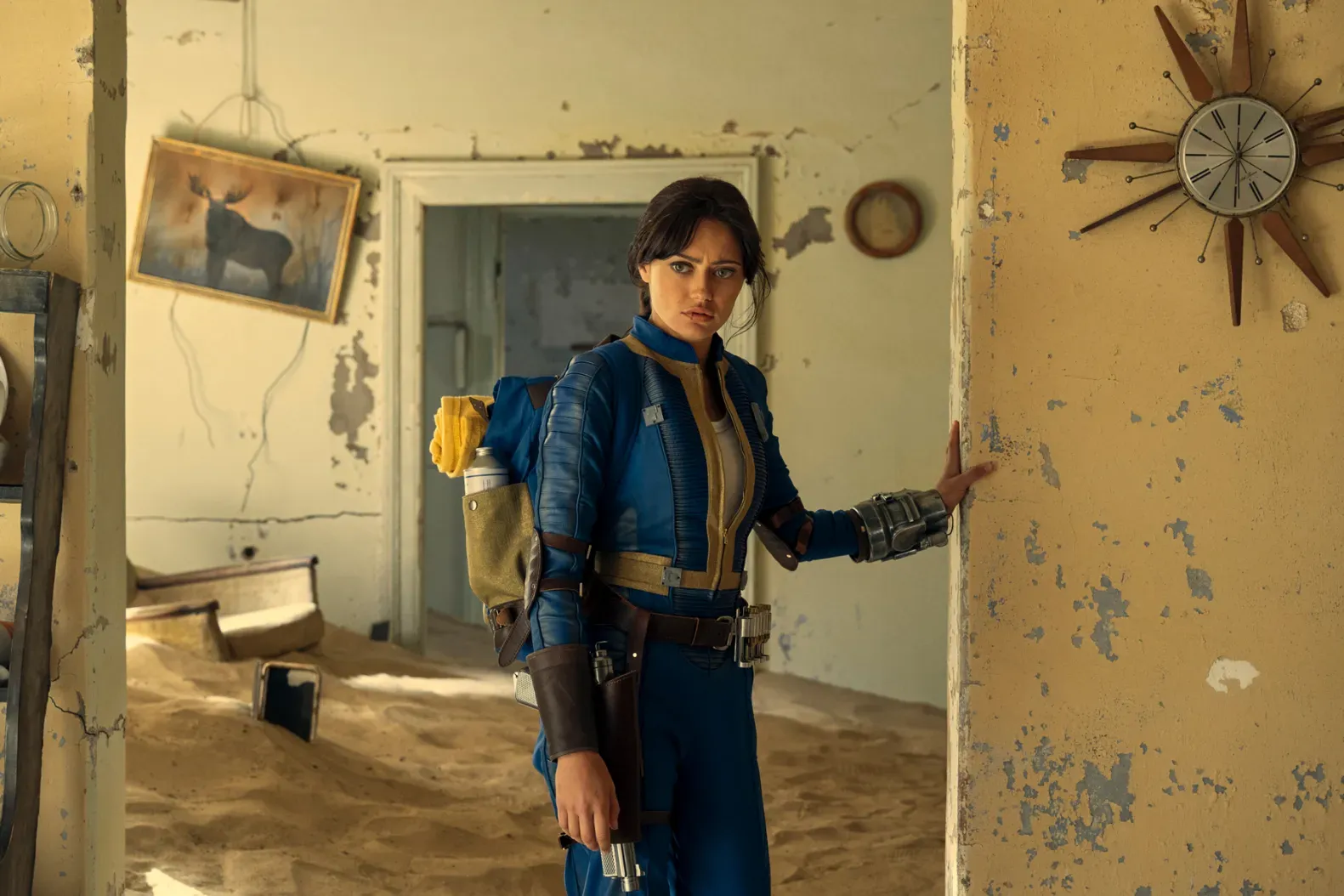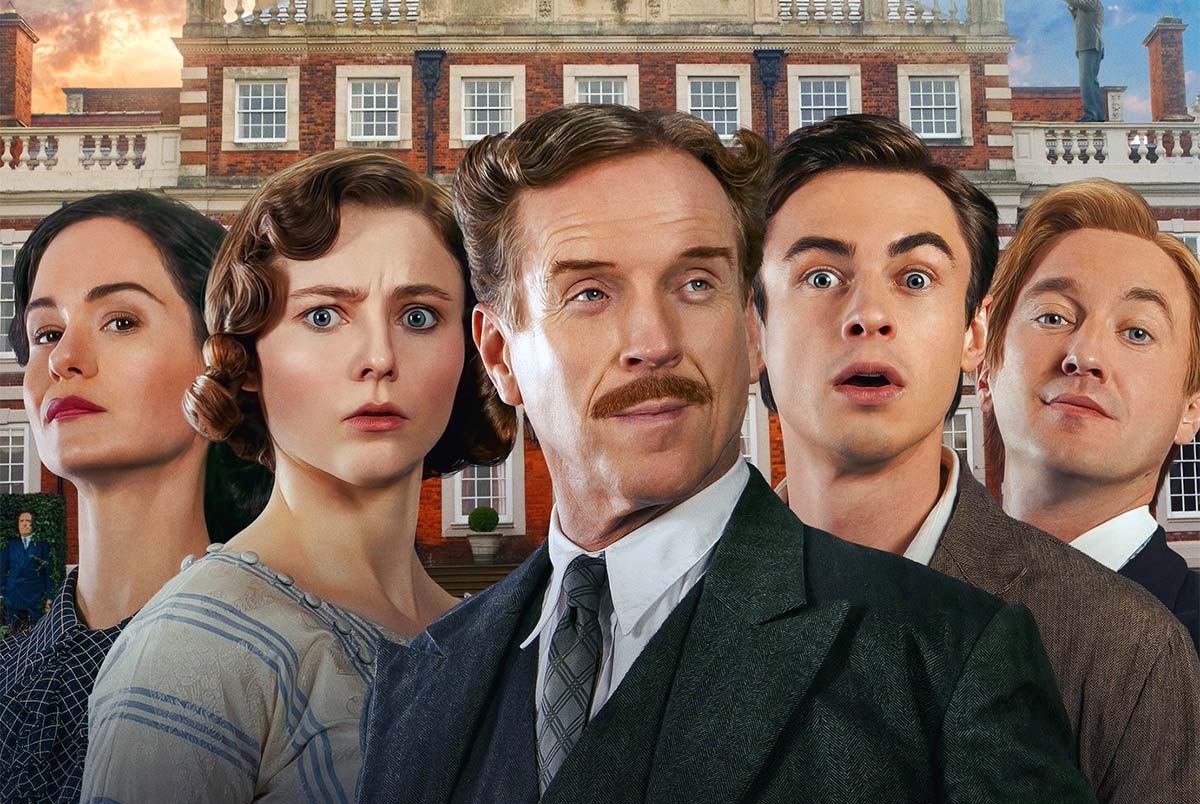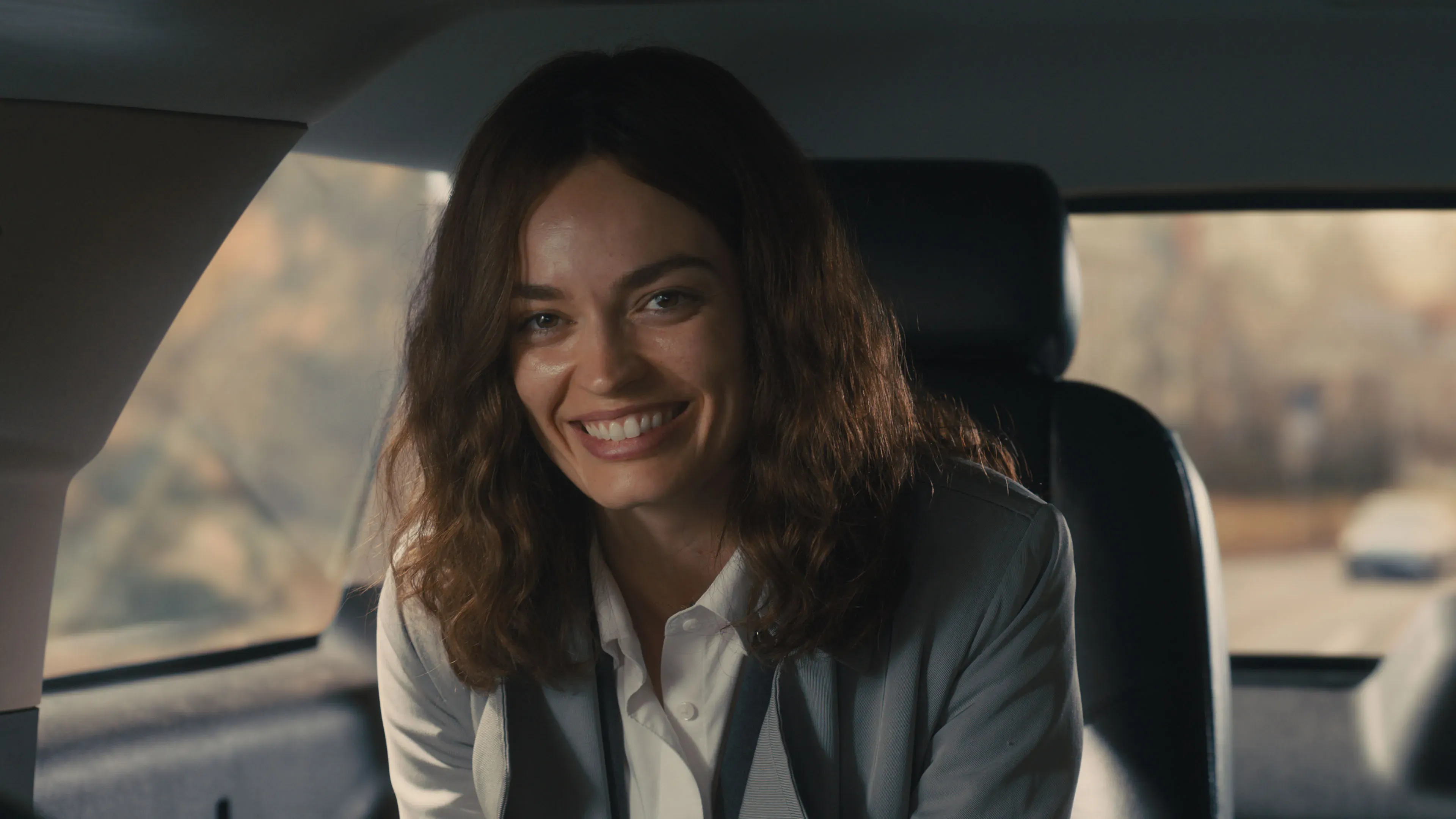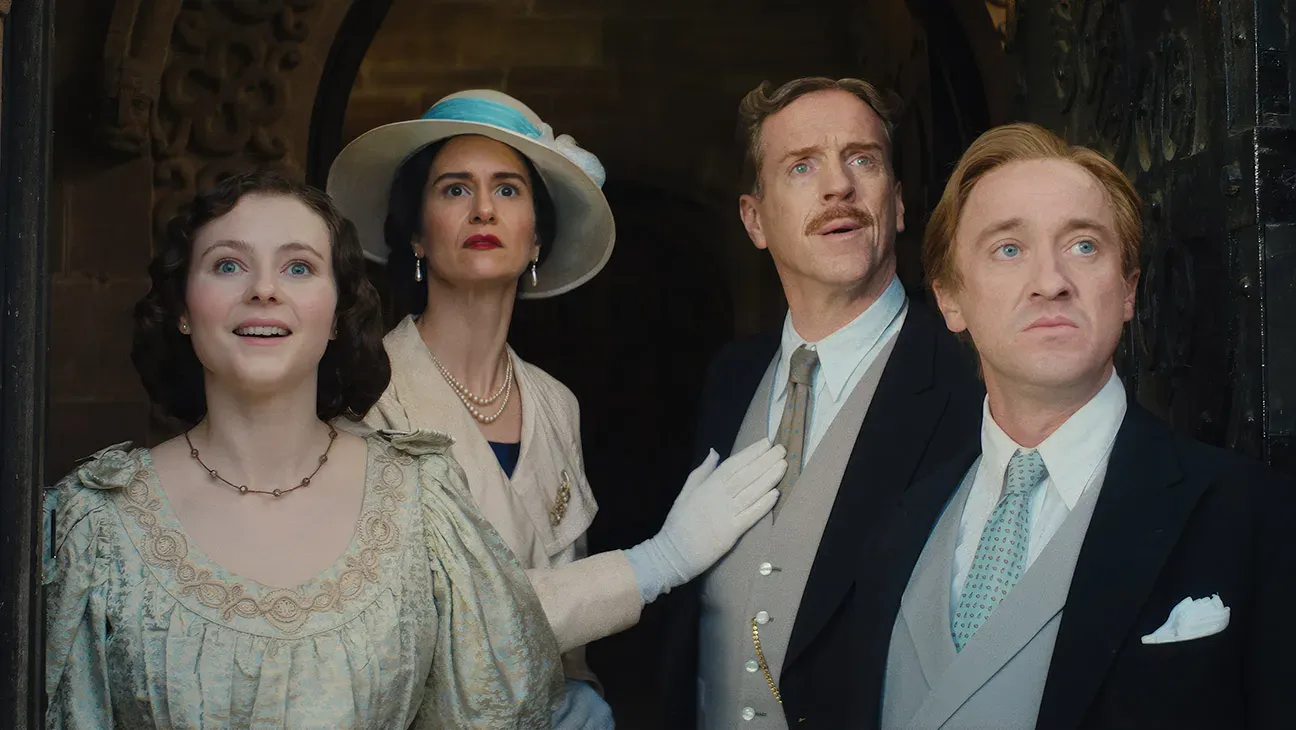
Baby Ruby (2022) - Movie Review
- Jun 20, 2023
Baby Ruby explores the intricate relationship between a mother and her newborn. ”Mother and child are doing well" is a common phrase in birth announcements, offering comforting good news. Unfortunately, the reality behind these words is often less rosy. While the newborn might be healthy after their daunting entrance into the world, the mother might still be wrestling with post-birth challenges. One such challenge, postpartum depression, is frequently misunderstood and stigmatized.
See Also: The Boogeyman (2023) - Movie Review
"Baby Ruby," a striking debut film from Tony-nominated playwright Bess Wohl, effectively turns these silent struggles into vivid, eerie horrors. The film walks a tightrope. It asks its audience to believe in, and empathize with, the distress and delusions haunting the new mother Josephine, played by Noémie Merlant. Any wavering sympathy further underscores Wohl’s central theme.
"Baby Ruby" is adept at representing the unraveling mental state that follows a traumatic childbirth. However, translating this into genre-based tension and terror yields a mixed bag. The narrative unfolds mostly through the exhausted and increasingly unreliable perspective of Josephine. This approach blurs our sense of reality. But, it also removes some of the suspense, as the likely cause of these distortions is already apparent. Despite this, we remain emotionally invested in Josephine's inner turmoil, thanks to Merlant's convincing portrayal and Wohl's claustrophobic direction, where even a change in lighting can transform a serene rural scene into a foreboding, shadow-drenched nightmare.
Josephine, the mind behind a popular lifestyle blog that shares the charm of French femininity with American homemakers, understands the power of perfect lighting. She is a French expatriate now living in the affluent region of upstate New York. She renovates a beautiful farmhouse with her husband Spencer, played by Kit Harington. Anticipating motherhood, she is eager to jump onto the mommy-blogging trend, documenting every detail of her self-arranged, pastel-hued baby shower.
Josephine's assurance of mastering motherhood echoes her online brand. Experienced mothers might smile at her naivety when she insists that motherhood won't change her life much. But, they'll likely empathize with her post-labor reality, depicted with startling honesty.
Following childbirth, Josephine's sunny optimism abruptly fades. She's soon battling violent visions of parenting disasters and the incessant wailing of her newborn, Ruby. Her delusions extend to believing Ruby is furious with her and is expressing this anger with her precociously developed teeth.
Understanding Josephine's mindset proves challenging for those around her. Her husband's supportive efforts eventually transform into competitive parenting. Spencer's mother, Doris, played by Jayne Atkinson, attempts to comfort Josephine by sharing her own postpartum experiences but only stokes Josephine's growing fears. Josephine finds an unlikely friend in fellow new mom Shelly, but remains uneasy about her friends' unnerving calmness, culminating in a humorous scene where she's pursued by a swarm of stroller-pushing joggers.
The film's narrative succumbs to Josephine's psychosis, building a steadily encroaching sense of dread but at the expense of unresolved storylines. For instance, a twist in Josephine's friendship with Shelly is left unexplored as the film dives into a series of dizzying, disorienting episodes. This leaves an unexplored aspect: the idea that Josephine is partly a casualty of her own flawless image.







